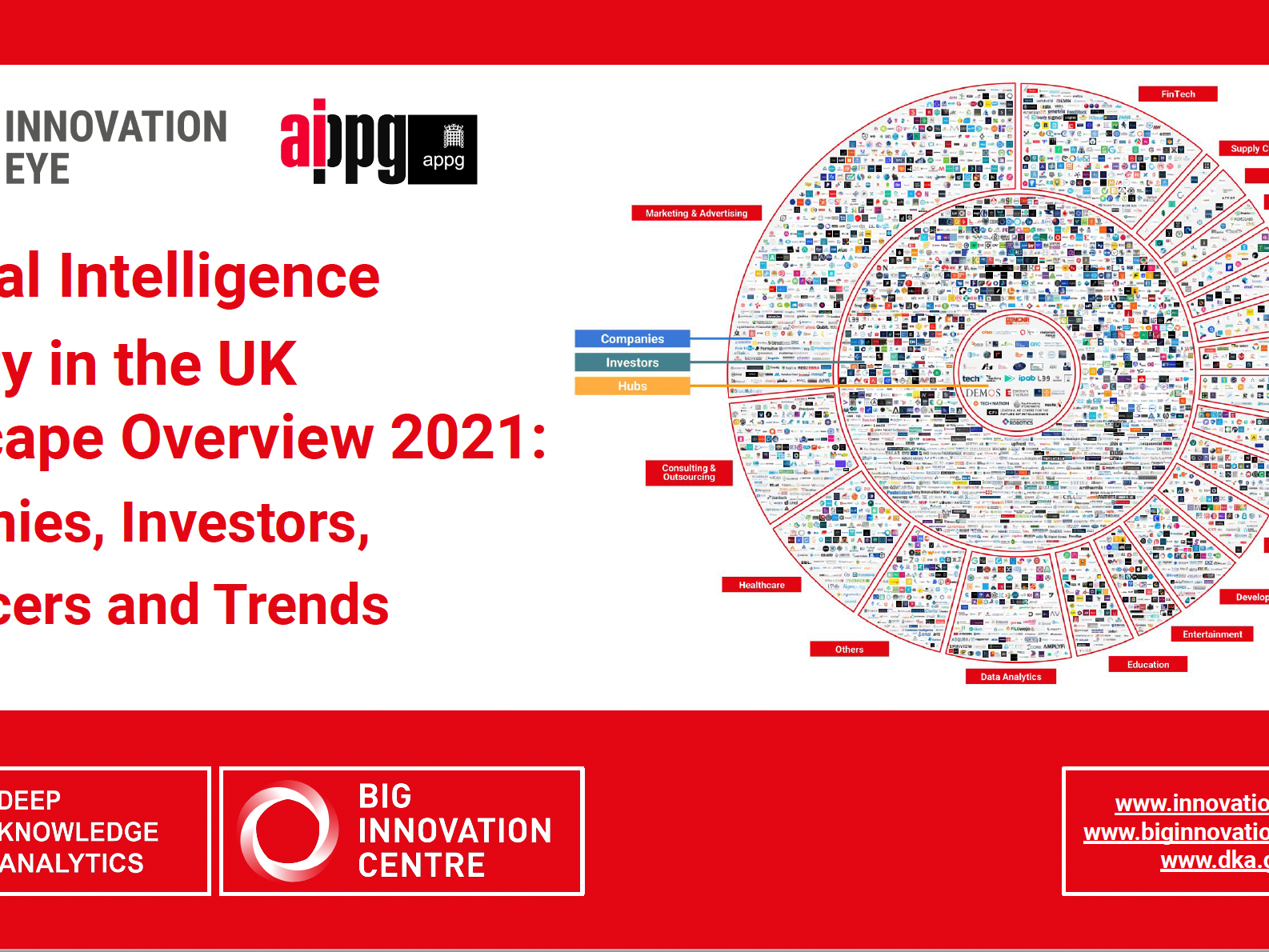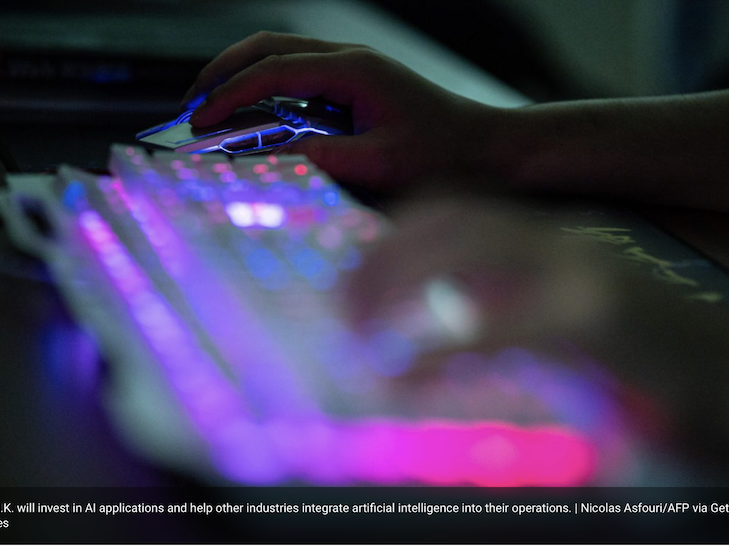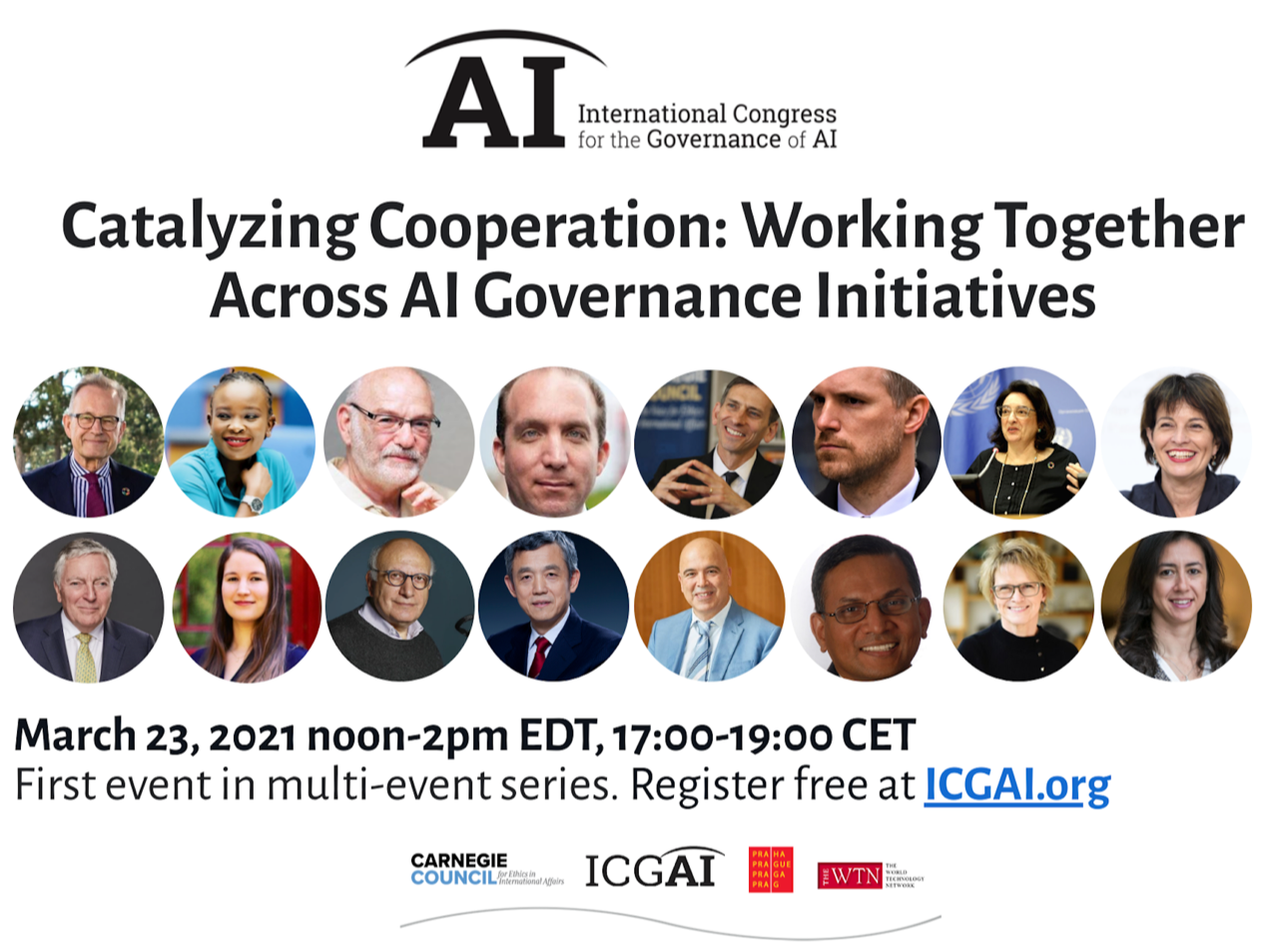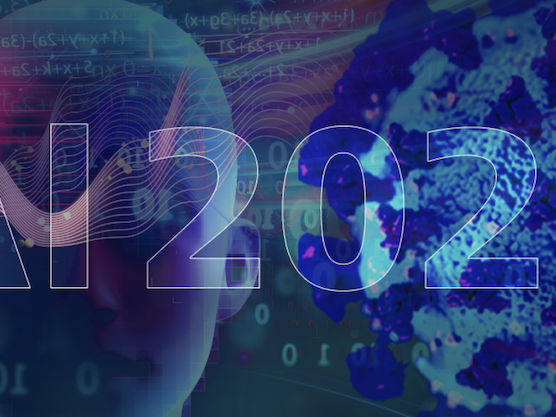I recently attended a meeting of the OECD Global Parliamentary Network Group on Artificial Intelligence and spoke on UK developments during a session on Innovating in AI Legislation
It seems a long time since we all got together in person-what a pleasure! And such a pleasure to follow Eva. I am a huge admirer of what the EU have done in the AI space. I think we are all now beginning to be aware of the importance of digital media and the importance of AI and algorithms in our lives both positive and negative.Inevitably what I say is mainly focused on what we are doing in the UK but I hope it will have relevance in other jurisdictions.
The good news is that despite ( just a few!) changes in government or the pandemic UK government action on AI governance has been moving forward.
The UK’s National AI strategy – A ten-year plan for UK investment in and support of AI-was published in September 2021. It promised an AI Governance White Paper this year. In an AI policy paper and Action Plan published this July the Government then set out its emerging proposals for regulating AI in a policy consultation paper in which it committed to develop “a pro-innovation national position on governing and regulating AI.” This will be used to develop the White paper which may yet emerge this year.
Their approach would be “Establishing clear, innovation-friendly and flexible approaches to regulating AI will be core to achieving our ambition to unleash growth and innovation while safeguarding our fundamental values and keeping people safe and secure. …….drive business confidence,promote investment, boost public trust and ultimately drive productivity across the economy.” Fine words but we now have some more detailed clues as to the future of regulation of AI in the UK.
As regards categorising AI rather than working to a clear definition of AI determining what falls within scope, which is the approach taken by the EU Regulation, the UK has elected to follow an approach that instead sets out the core principles of AI which allows regulators to develop their own sector-specific definitions to meet the evolving nature of AI as technology advances.
In a surprising admission the policy paper does acknowledge that a context-driven approach may lead to less uniformity between regulators and may cause confusion and apprehension for stakeholders who will potentially need to consider the regime of multiple regulators as well as the measures required to be taken to deal with extra-territorial regimes, such as the EU Regulation.
To facilitate its ‘pro-innovation’ approach, the UK Government however has proposed several early cross-sectoral and overarching principles which build on the OECD ‘Principles on Artificial Intelligence’ . These principles will be interpreted and implemented by regulators within the context of the environment they oversee and would therefore be flexible to interpretation. This call for views and evidence closed on 26 September so we shall see what emerges in the White paper probably not this year!!
As a result of this context-driven approach the regulators in different sectors are going to take centre stage. So it is timely that 4 of our key regulators the ICO OFCOM CMA FCA have got together under a new Digital Regulators Cooperation Forum to pool expertise in this field. This includes sandboxing and input from a variety of expert institutes such as the Alan Turing Institute on areas such as risk assessment, AI, audit, digital design frameworks and standards digital advertising and horizon scanning
The policy paper in turn has led to the launch this October of the interactive hub platform AI Standards Hub led by the Alan Turing institute with the support of the British Standards Institution and National Physical Laboratory which will provide users across industry, academia and regulators with practical tools and educational materials to effectively use and shape AI technical standards.
All this represents action but while the National AI strategy paper of last September does talk about public trust and the need for trustworthy AI,my view is that it needs to be reflected in how we regulate. In the face of the need to retain public trust we need to be clear, above all, that regulation is not necessarily the enemy of innovation, it can in fact be the stimulus and be the key to gaining and retaining public trust around digital technology and its adoption so we can realise the benefits and minimise the risks.
International harmonization is in my view essential if we are to see developers able to commercialize their products on a global basis assured that they are adhering to common standards of regulation. One of my regrets is that the UK government unlike our technical experts doesn’t devote enough attention to positive collaboration in a number of international AI fora such as the Council of Europe, UNESCO And the OECD
But the UK IS playing an active part in GPAI serviced by the OECD which is beginning to deliver some interesting output particularly in respect of the workplace. I hope too that when the White Paper does emerge that there is recognition that we need a considerable degree of convergence between ourselves the EU, members of the COE and the OECD in particular, for the benefit of our developers and cross border business that recognizes that a risk based form of horizontal rather than purely sectoral regulation is required.
Above all this means agreeing on standards for risk and impact assessments alongside tools for audit and continuous monitoring for higher risk applications..That way I believe we can draw the US into the fold as well.
Other aspects of policy where I do NOT believe we are heading in the right direction however are
Data :The government’s “Data A New Direction” consultation has led to a new Data Protection bill. Despite little appetite in the business or the research communities they are proposing major changes to the GDPR post Brexit including not requiring firms to have a DPO or DPIA. All this is likely to impact on the precious EU Adequacy Decision which was made in June 21 and is meant to last for 4 years.
IP: Our Intellectual Property Office too is currently grappling with issues relating to IP created by AI . Artificial Intelligence and Intellectual Property: copyright and patents consultation closed January 2022 and now has recommended changes to text and data mining exemption which has been very widely criticised by the creative industries, publishers etc.
In addition although the UK Government has recognized the need for any amount of guidance for public sector organizations there is no central and local government compliance mechanism and little transparency in the form of a public register of use of automated decision making.
We also, despite the efforts of Parliamentarians and organisations such as the Ada Lovelace Institute, have no recognition at all that regulation for intrusive AI technology such as live facial recognition is needed.
We are still having a major debate on the deployment over live facial recognition technology -the use of biometrics and AI – in policing, schools and in criminal justice recently. Many of us have real concern that we are approaching the surveillance state.
In addition there is little appetite in government to ensure that our employment laws protect the increasing number of workers in the gig economy whose lives can be ruled by algorithm without redress.
So our government is engaged in a great deal of activity, the question as ever is whether it is fast or focused enough and whether the objectives such as achieving trustworthy AI and harmonized international standards are going to be achieved through the actions being taken so far. As you’ve heard today, I believe the evidence of success is still mixed! I still have quite a political shopping list!
12th August 2022
Creating the best framework for AI in the UK
19th December 2021
Launch of AI Landscape Overview: Lord C-J on AI Regulation
2nd October 2021
Lord C-J Comments on National AI Strategy
5th April 2021






